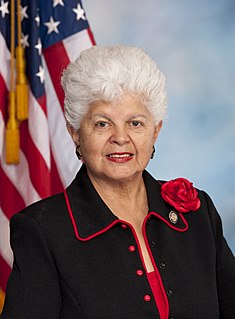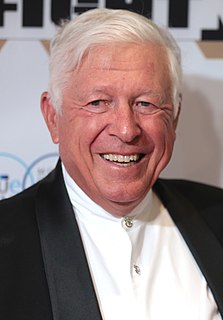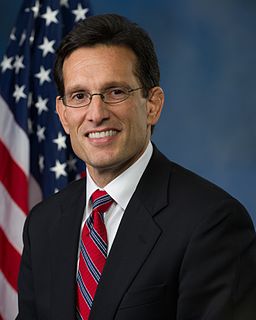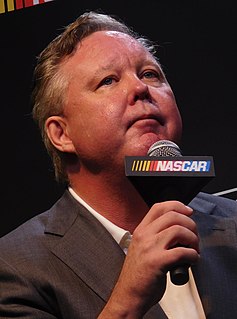A Quote by Grace Napolitano
For people who have for been putting their hard-earned money into the system for years, the president's idea would replace their safety net with a risky gamble with no assurance of a stable return of investment.
Related Quotes
One of the dangers about net-net investing is that if you buy a net-net that begins to lose money your net-net goes down and your capacity to be able to make a profit becomes less secure. So the trick is not necessarily to predict what the earnings are going to be but to have a clear conviction that the company isn't going bust and that your margin of safety will remain intact over time.
You know, there are people making a lot of money in this country who can actually afford their own health care. We are in a situation where we got a safety net in place in this country for people who frankly don't need one. We got to focus on making sure we got a safety net for those who actually need it.
As bank customers, we tend to believe that we can have both perfect security for our money, drawing on it whenever we want and never expecting it not to be there, while still earning a regular rate of return. In a true free market, however, there tends to be a tradeoff: you can enjoy a money warehouse or you can hope for a return on your investment. You can't usually have both. The Fed, however, by backing up this fractional-reserve system with a promise of endless bailouts and money creation, attempts to keep the illusion going.
In a capitalist system, there's a principle that if you invest, especially in a long-term risky investment, if something comes out of it, you're supposed to get the profit. It doesn't happen in our system. The taxpayer paid for it and gets nothing - assumes all of the risk, gets zero. The money goes into the pockets of Bill Gates and Steve Jobs, who are ripping off decades of work in the public sector.
Unlike return, however, risk is no more quantifiable at the end of an investment that it was at its beginning. Risk simply cannot be described by a single number. Intuitively we understand that risk varies from investment to investment: a government bond is not as risky as the stock of a high-technology company. But investments do not provide information about their risks the way food packages provide nutritional data.
I am indebted to the British welfare state; the very one that Mr Cameron would like to replace with charity handouts. When my life hit rock bottom, that safety net, threadbare though it had become under John Major's Government, was there to break the fall. I cannot help feeling, therefore, that it would have been contemptible to scarper for the West Indies at the first sniff of a seven-figure royalty cheque. This, if you like, is my notion of patriotism.

































